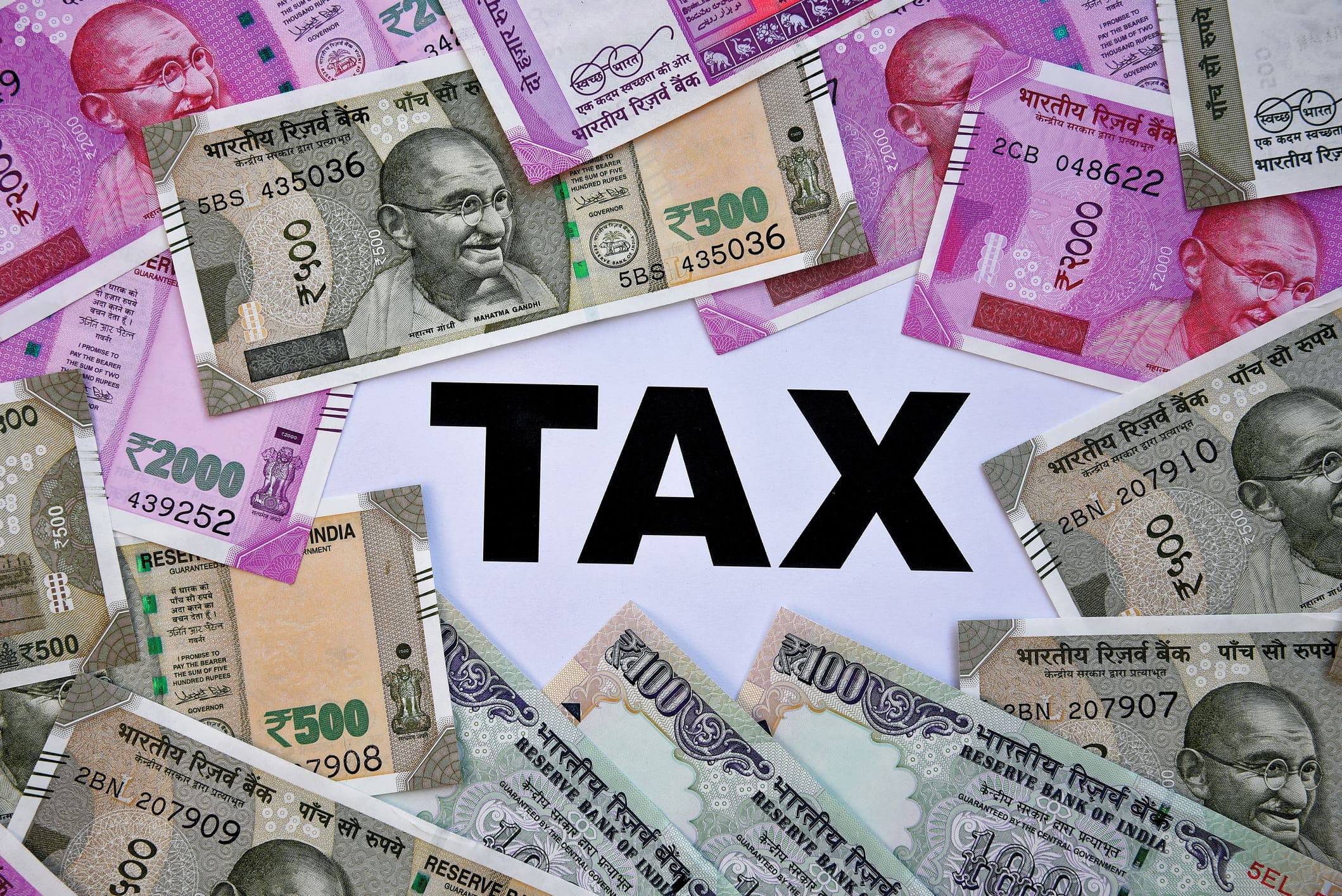
The various jobs give the freelancers complete control over their work and schedule, but it has its downside by having some employees break. Freelancers must manage their finances well since they do not receive a monthly paycheck. Therefore, freelancers must follow the proper financial practices to guarantee steady and sustainable income. Here are a few tips to help you know your financial aspect as a freelancer.
1. Create a Budget and Track Your Income
The first rule in the proper management of freelance income is the establishment of a budget. Freelance is unpredictable because it depends on the number of projects a freelancer is undertaking in a given month, hence the need to clearly understand your income and expenditure. To start, you need to list all your incomes and break down all your expenses into categories. This will assist you in understanding how much money is being received and the bare necessities of the organization. One can use commonly used budgeting apps or tools such as Mint or YNAB in this process.
2. Set Aside Money for Taxes

Freelancers are not subject to income taxes taken from their paychecks as an average person in permanent employment would be. This means that this position will call on you to prepare taxes for such moments to be paid as and when necessary. As an independent contractor, you should put aside approximately 25-30% of your monthly income for federal and state taxes and self-employment taxes. It is also essential to pay taxes through estimates every quarter to not be caught up with hefty amounts of tax to pay at the end of the financial period.
3. Build an Emergency Fund
That is where an emergency fund is critical for freelancers to be ready for fluctuations in their income. Ideally, making the emergency reserve equal to 3-6 months of living expenses in a separate account is possible and recommended. This fund is to cater for situations where the income generated is less than anticipated or some necessities crop up and can be well catered for by some extra cash. This way, having this cushion will allow one the necessary breathing space and focus on their work.
4. Diversify Your Income Sources
Income diversification is another measure that can lower a freelancer's financial risk impact. This means that depending on one client or project may put the individual at a disadvantage if the specific project is no longer available. Yet, try to expect that you will be working with more than one client or that you will be providing more than one type of service. This helps ensure the organization's financial viability and creates new spheres for its development and contacts.
5. Invest in Retirement Savings

It highlights that freelancers are now on their own and can no longer rely on their past employers to organize retirement services.401(k) is just one of the many ways to save for retirement. If your employer does not offer such a plan, you must start saving for retirement as soon as possible. Consider setting up a retirement plan, such as a SEP IRA or a solo 401(k). These two choices enable you to exercise significant impact, experience tax advantages, and guarantee monetary safety.
6. Keep Personal and Business Finances Separate
It would help to steer clear of combining your personal and business accounts. This makes tracking your expenses more accessible and simplifies your tax returns. To better manage your finances, you should open a business bank account and only use it for freelance transactions. This will also provide a better understanding of a business's overall profitability and financial position, which will help you control your cash.
Conclusion
Essentially, freelancers are tasked with several distinct financial hurdles that enhance the work of managing money. Freelancers can also secure their financial future in the following ways: establishing a budget, which includes setting aside money for tax crew, dating emergency funds, and planning for retirement. Minimizing risks having different sources of income, and having personal and business-related spending are also essential for longevity. Being organized, creating schedules to tackle goals and tasks, and always having an overview of the budget will help prepare freelancers for any fluctuations.





